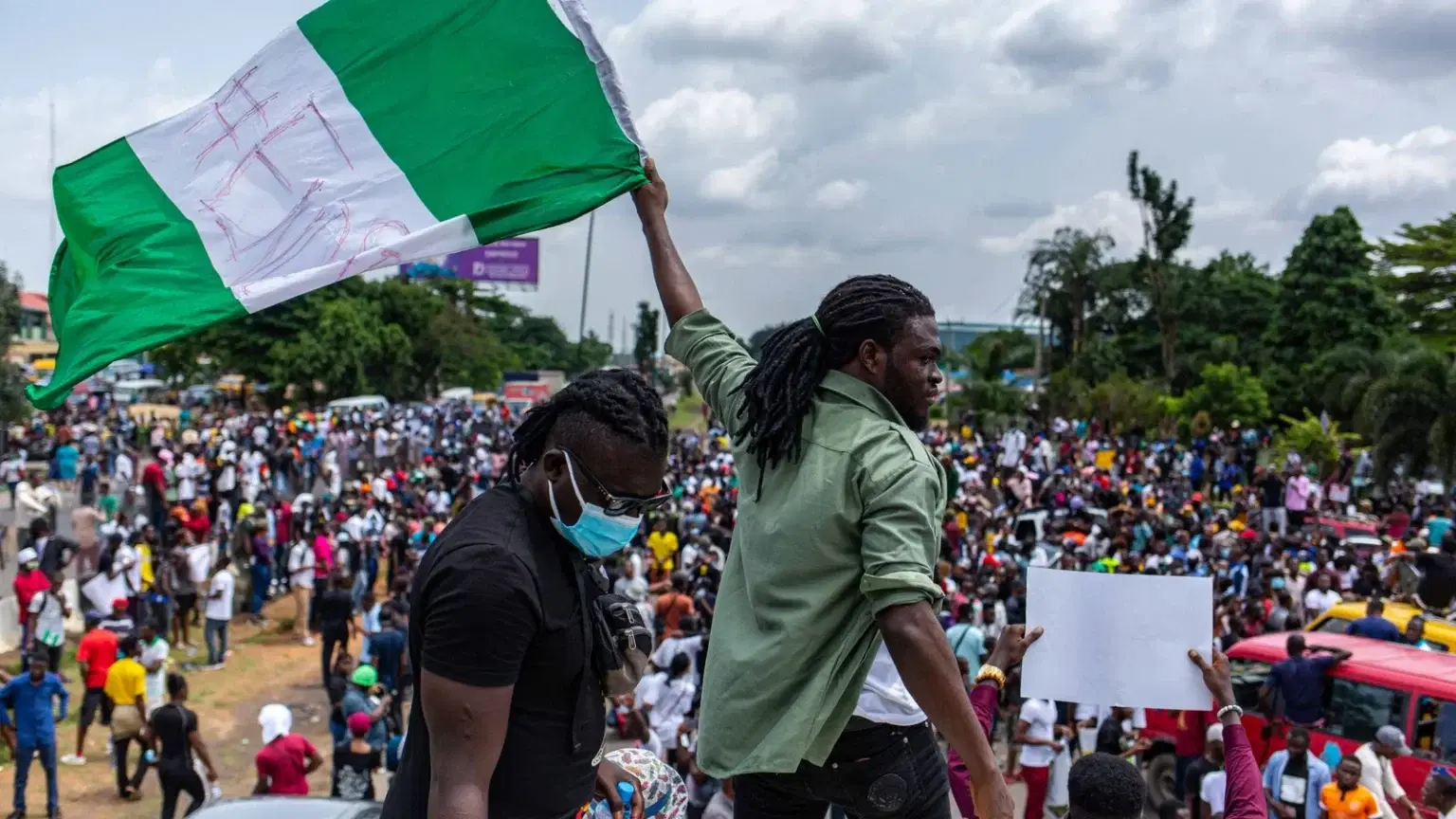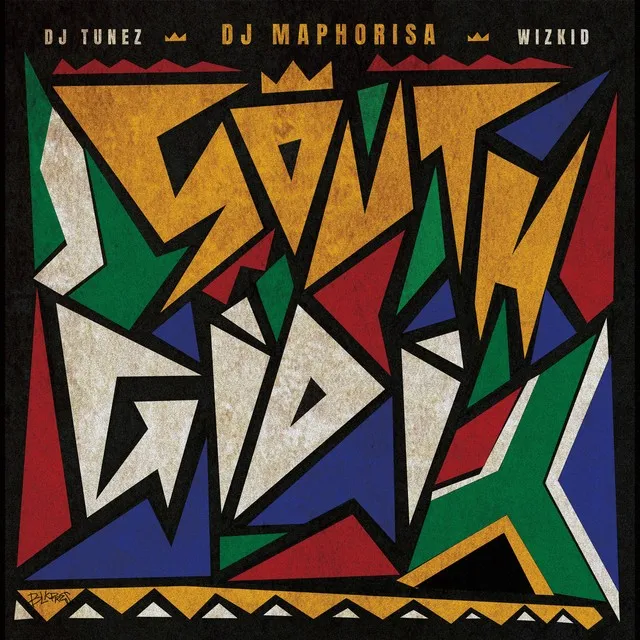
Years after the pivotal #EndSARS protests of October 2020, Nigerian legal experts are closely examining the movement’s lasting effects on justice, police reform, and governance.
As Nigeria continues to confront entrenched issues of police brutality and institutional accountability, the #EndSARS movement largely energized by the nation’s youth sparked global debates about human rights and demanded the dissolution of the Special Anti-Robbery Squad (SARS) over widespread reports of extortion, extrajudicial killings, and systemic rights abuses.
In the wake of the protests and the tragic incident at Lekki Toll Gate, various judicial panels of inquiry were convened across Nigerian states to investigate reported abuses. According to a comprehensive 2025 review by Amnesty International in partnership with local advocacy groups, these panels confirmed hundreds of violations and recommended compensation for impacted victims. Yet, legal practitioners highlight that while damages have been awarded, implementation remains slow, resulting in a gap in real justice.
Kunle Edun (SAN), former Welfare Secretary of the Nigerian Bar Association and a key advocate for legal reform in Nigeria, has described #EndSARS as a “dark page in Nigeria’s history.” Edun points out that government reluctance to honor court-ordered damages undercuts judicial authority and poses a serious threat to the rule of law. He asserts that widespread non compliance undermines democratic values and calls on Nigeria’s courts to enforce compliance more robustly, urging the adoption of state policing structures as a fundamental response to recurring abuses.
Prominent human rights lawyer Deji Adeyanju identifies persistent executive interference and a deep-rooted culture of impunity as critical obstacles to genuine reform.
Adeyanju argues that without sustained political commitment and dedicated budgetary support, recommendations from judicial panels will remain unfulfilled. He emphasizes that lasting change demands more than policy shifts—it requires real accountability for offenders.
Overall, legal experts concur that #EndSARS has transformed public perceptions of civic engagement, but Nigeria’s quest for justice, transparency, and effective police accountability is far from complete.
They urge the government to accelerate judicial reforms, enforce court decisions, and meaningfully protect human rights to truly honor the legacy and demands of the #EndSARS movement.






























Be the first to comment